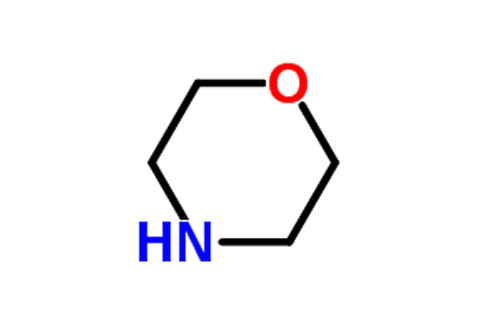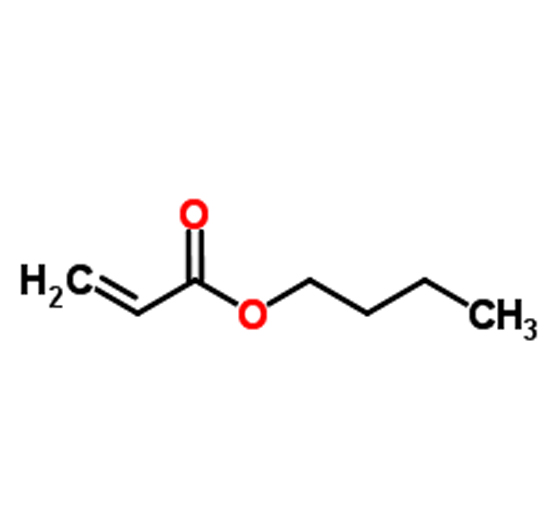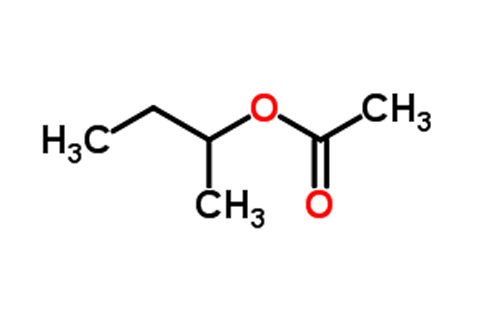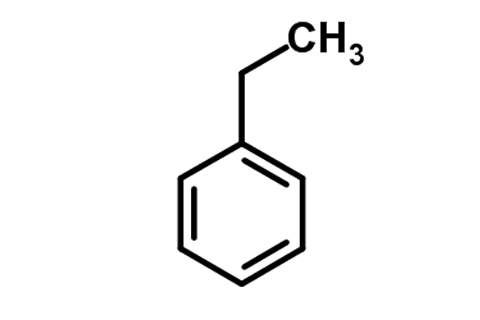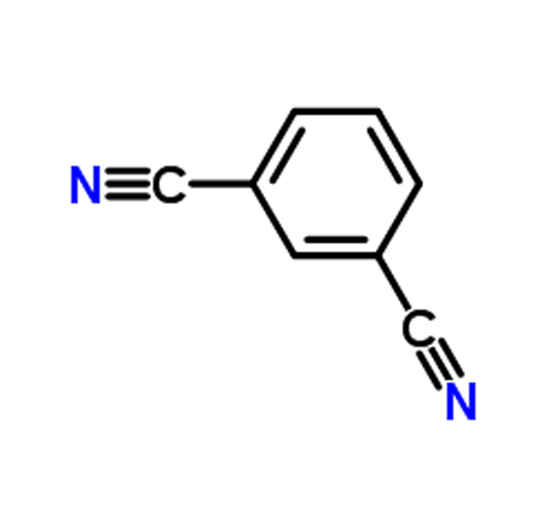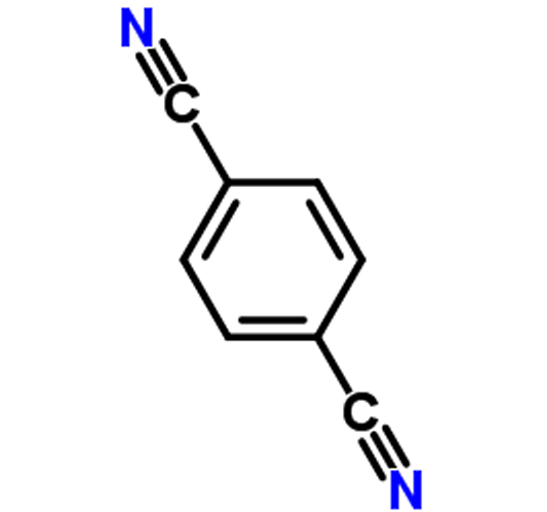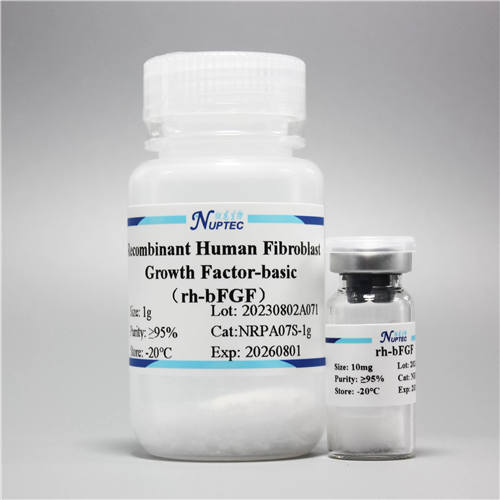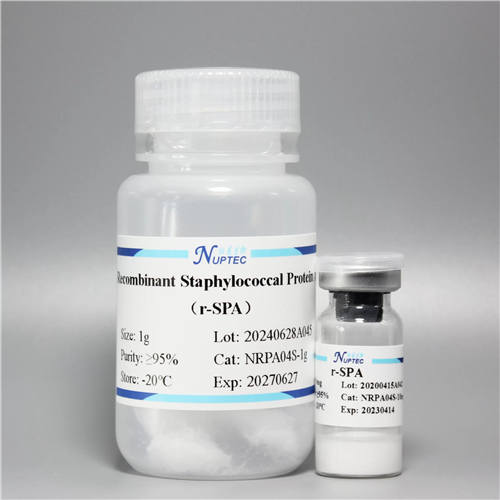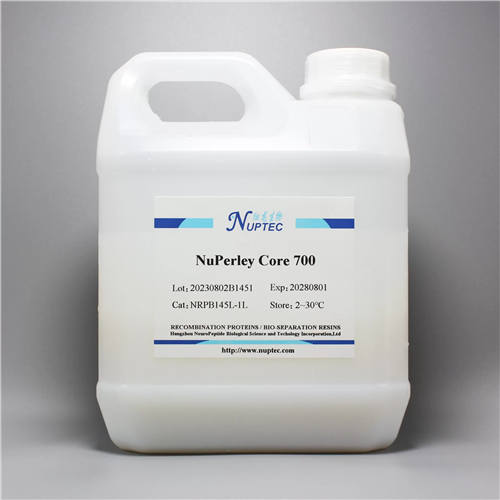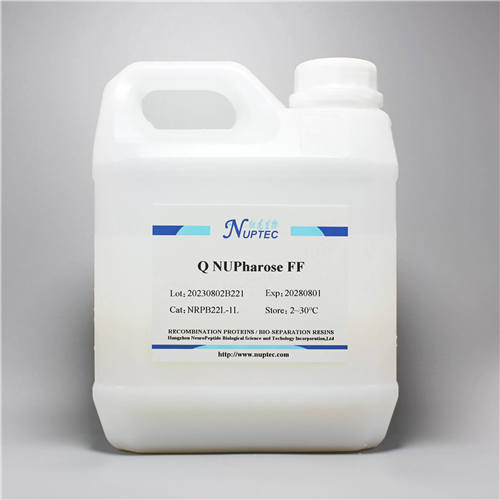Pharmaceutical Intermediates
pharmaceutical intermediates
The so-called pharmaceutical intermediates, that is, the production process of pharmaceutical products, the use of raw materials, materials, excipients, and other intermediate pharmaceutical products. In fact, many pharmaceutical intermediates manufacturersbelieved that it is some chemical raw materials or chemical products used in the process of drug synthesis.
TYPES OF PHARMACEUTICAL INTERMEDIATES
Morpholine
4-Methylmorpholine
4-Methylmorpholine N-oxide
READ MORE
2-(2-Aminoethoxy) Ethanol
Isopropylamine
Triethylamine 121-44-8
N,N-Dimethylacetamide 127-19-5
2-Butyl-4-chloro-5-formylimidazole
Triphosgene
Phosphorus Oxychloride
Phosphorus Trichloride
2-Chlorobenzaldehyde
4-Chlorobenzaldehyde
6,8-Epitrithio-Octanoic Acid
P-toluic Acid
M-toluic Acid
O-toluic Acid
Tosyl Chloride
P-Toluenesulfonamide
Nitrile
Coal Chemical
Hydrogen Peroxide Raw Material
INTERMEDIATE PHARMACEUTICAL PRODUCTS APPLICATIONS
Intermediate pharmaceutical products have a wide range of applications in the pharmaceutical industry. Some of the common applications are:
API synthesis: Intermediate pharmaceutical products are used as building blocks in the synthesis of Active Pharmaceutical Ingredients (APIs). They serve as starting materials for the synthesis of complex organic molecules, which are then further processed to produce the final API.
Process optimization: Intermediate pharmaceutical products can be used to optimize the manufacturing process of APIs. By using intermediates that are easier to synthesize or purify, the overall process efficiency can be improved, leading to cost savings and higher yields.
Drug discovery: Intermediate pharmaceutical products can be used in drug discovery to identify new drug candidates. By synthesizing and testing different analogues of known drugs, new compounds with improved properties can be identified.
Chemical research: Intermediate pharmaceutical products are also used in chemical research to develop new synthetic methodologies and explore new chemical reactions. They serve as valuable tools for chemical synthesis and can help advance the field of organic chemistry.
Contract manufacturing: Intermediate pharmaceutical products can be supplied to contract manufacturing organizations (CMOs) that specialize in the production of APIs. These CMOs can use the intermediates to synthesize APIs on behalf of pharmaceutical companies.
In summary, intermediate pharmaceutical products have a range of applications in the pharmaceutical industry, including API synthesis, process optimization, drug discovery, chemical research, and contract manufacturing. They play a crucial role in the development and production of drugs and are essential in the pharmaceutical supply chain.
WHAT CAN BE PHARMACEUTICAL INTERMEDIATES USED AS?
Pharmaceutical intermediates can be used in several ways in the synthesis and production of pharmaceutical drugs:
Building blocks: They can be used as building blocks to create the active pharmaceutical ingredient (API) with the desired properties and potency.
Starting materials: They can be used as starting materials for chemical reactions that produce the final API.
Improving manufacturing processes: They can be used to improve the efficiency, yield, and safety of the overall pharmaceutical manufacturing process.
PHARMACEUTICAL INTERMEDIATES CHALLENGES
The production of pharmaceutical intermediates faces several challenges, including:
Addressing these challenges requires a combination of technical expertise, process innovation, and effective supply chain management. Companies that can successfully navigate these challenges are well-positioned to provide high-quality pharmaceutical intermediates that meet the needs of the industry.
Process optimization: The process of manufacturing pharmaceutical intermediates involves several steps that require careful optimization to ensure efficient and cost-effective production. This requires a thorough understanding of the chemical reactions involved, as well as the properties of the raw materials and intermediates used.
Quality control: Pharmaceutical intermediates must meet strict quality standards to ensure their safety and efficacy in the final drug product. This requires rigorous quality control measures throughout the production process, including testing and analysis of raw materials, intermediates, and final products.
Environmental regulations: The production of pharmaceutical intermediates can have a significant impact on the environment due to the use of hazardous chemicals and waste products. Compliance with environmental regulations is essential to ensure safe and sustainable production practices.
Intellectual property: Pharmaceutical intermediates often involve proprietary processes and technologies that are protected by patents. Developing new intermediates or improving existing ones can require significant investments in research and development.
Supply chain management: The production of pharmaceutical intermediates often involves multiple suppliers and manufacturers, making supply chain management a complex and challenging task. Ensuring a reliable and cost-effective supply chain is critical to maintaining the production schedule and meeting customer demand.
WHAT IS THE DIFFERENCE BETWEEN API AND PHARMACEUTICAL INTERMEDIATE?
API stands for Active Pharmaceutical Ingredient, which is the active chemical substance in a drug product that provides the intended therapeutic effect. Pharmaceutical intermediates, on the other hand, are the compounds that are synthesized during the production of API.
In other words, pharmaceutical intermediates are the chemical compounds that are used to manufacture API. These compounds may or may not have any therapeutic effect on their own, but they are essential in the production process of API.
Pharmaceutical intermediates are often produced in large quantities and used as starting materials for the synthesis of API. They undergo several chemical reactions and purification steps to form the final API. Pharmaceutical intermediates may also be used as building blocks for the synthesis of other complex organic compounds.
In summary, the main difference between API and pharmaceutical intermediate is that API is the active chemical substance in a drug product that provides the intended therapeutic effect, while pharmaceutical intermediates are the compounds that are synthesized during the production of API. Pharmaceutical intermediates are essential in the manufacturing process of API, but they do not have any therapeutic effect on their own.
As one of fine chemical companies, we will do our best to meet all the needs of customers.
We can also offer kinds of methyl methacrylatefor sale, anything you need, please leave us a message.
在线联系供应商
Other supplier products
| Butyl Acrylate Cas 141-32-2 Wholesale | Butyl Acrylate Cas 141 32 2Wholesale Colorless liquid. Melting Point -64.6 ° C, Boiling Point 146-148 ° C, 69 ° C (6.7 KPA-RRB- , rela... | |
| Green Solvent | Green solvents, also known as environmentally friendly solvents, are solvents that have lower environmental impact compared to traditional solvents... | |
| Aromatic Hydrocarbons | Aromatic hydrocarbons are the collective name for benzene and its carbon and hydrogen-only derivatives, which are hydrocarbon compounds with one or... | |
| 1,3-Dicyanobenzene Cas 626-17-5 Wholesale | 13DicyanobenzeneCas 626-17-5 Wholesale Needle crystal. The melting point is 161.5-162°C. Soluble in hot alcohol and hot ether, soluble in hot ... | |
| 1,4-Dicyanobenzene Cas 623-26-7 Wholesale | 1,4-Dicyanobenzene Cas 623 26 7Wholesale 1,4-Dicyanobenzene is an organic compound with the chemical formula C12H8N2. It is a white, crystalline s... |
Same products
| Peptide Technology Cooperation & Transfer | 卖方: PeptiOrigin Biotechnology Co., Ltd. | Peptide Technology Cooperation & Transfer Driving Innovation Through Strategic Partnerships ... | |
| Recombinant Human Fibroblast Growth Factor-basic | 卖方: Hangzhou NeuroPeptide Biological Science and Technology Incorporation, Ltd | Physical Appearance:Freeze-dried powder Formulation:5mMPB(pH7.4) before freeze-drying TheorypI:... | |
| Recombinant Staphylococcal Protein A | 卖方: Hangzhou NeuroPeptide Biological Science and Technology Incorporation, Ltd | TheorypI:5.10 Resources:Escherichia coli(E. coli) Purity:≥95% Storage condition:-20℃ Stora... | |
| NuPerley Core 700 | 卖方: Hangzhou NeuroPeptide Biological Science and Technology Incorporation, Ltd | NuPerley Core 700 Matrix:Rigid agarose microsphere Ligand:n-octylamine Particle size, d50:~90 ... | |
| Q NUPharose Fast Flow | 卖方: Hangzhou NeuroPeptide Biological Science and Technology Incorporation, Ltd | Matrix:6% Cross-linked agarose Ligand:Quaternary ammonium salt, -CH2CH(OH)CH2N(CH3)3+ Particle ... |





